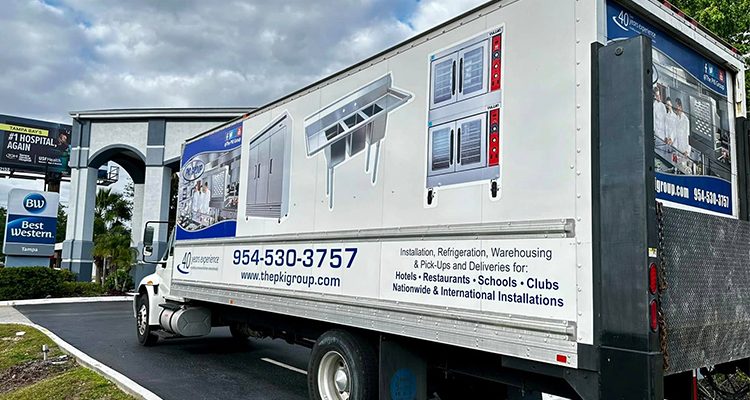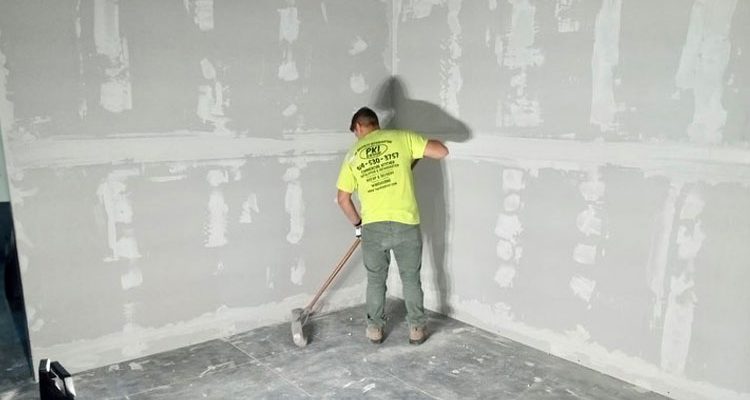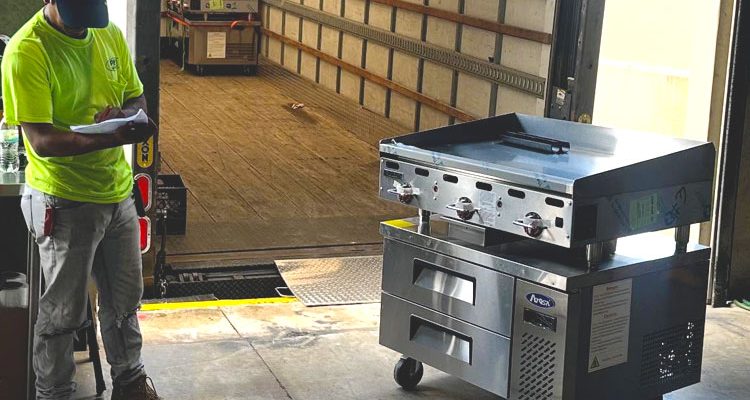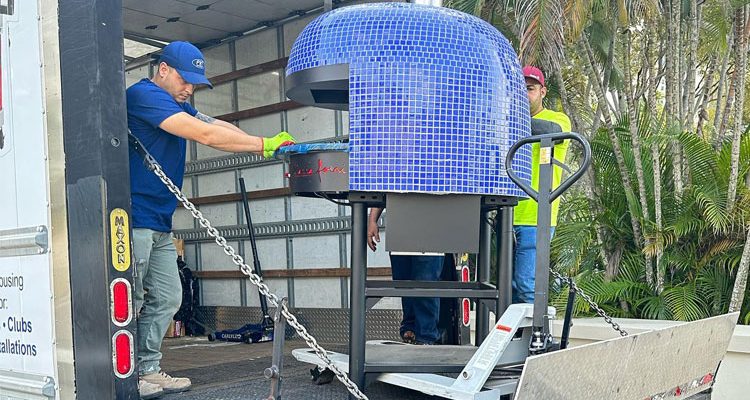In the bustling world of commercial kitchens, timing is everything—and not just on the food prep line. Behind every stainless steel counter, deep fryer, or industrial mixer is a network of logistics that ensures the right equipment gets to the right place, on time and in perfect condition. Whether you’re outfitting a new restaurant, upgrading your equipment, or managing surplus inventory during renovation, the unsung hero in your operation may just be your pick-up, delivery, and warehousing provider.
Unlike consumer-level appliances, commercial kitchen equipment demands careful handling and specialized knowledge. These aren’t just bulky items—they’re essential tools of the trade that can be highly customized, fragile, and expensive. A delay in delivery can push back an opening. A mishandled unit can result in thousands of dollars in repair or replacement costs. That’s why having a dedicated service for pick-up and delivery, especially one that understands the nuances of Commercial Kitchen Transportation and kitchen installations, is essential.
What makes these logistics services especially valuable is their scalability. From the smallest countertop appliance to entire palletized shipments of ovens and refrigeration units, a reliable logistics partner can tailor solutions to your specific needs. Need same-day delivery of a single mixer? Covered. Need safe warehousing for an entire line of back-of-house equipment until a project site is ready? Done. These services remove the burden from restaurant owners and contractors, allowing them to focus on what they do best—running and building culinary businesses.
Warehousing services add another layer of convenience and protection. Storing commercial equipment off-site ensures inventory is managed in a climate-controlled, secure environment, minimizing damage and streamlining access during phased installations. It also helps bridge the gap for projects experiencing delays or shifting timelines. A dedicated warehouse team can catalog, monitor, and prep each item for seamless deployment, whether across town or across the state.
As the foodservice industry continues to evolve—embracing cloud kitchens, modular restaurant builds, and mobile setups—the demand for flexible and dependable kitchen equipment logistics is only growing. Having a partner that can handle the transportation and storage with precision isn’t just a benefit—it’s a business necessity.
The PKI Group – Commercial Kitchen Transportation
That’s where The PKI Group steps in. With years of experience in commercial kitchen installations, they offer expert-level pick-up, delivery, and warehousing solutions that keep your equipment—and your business—moving smoothly. Whether it’s a single unit or a full pallet, The PKI Group ensures your gear arrives safely, on time, and ready for service. Call 954-530-3757




